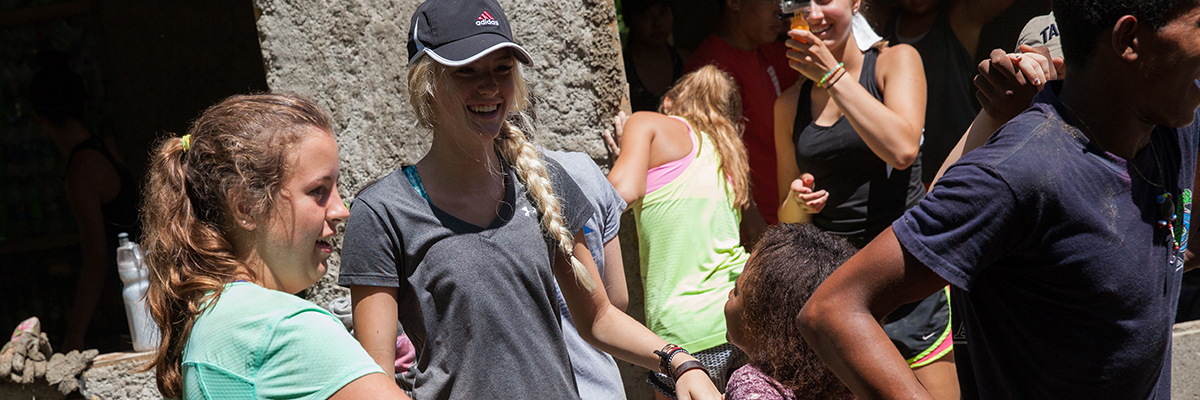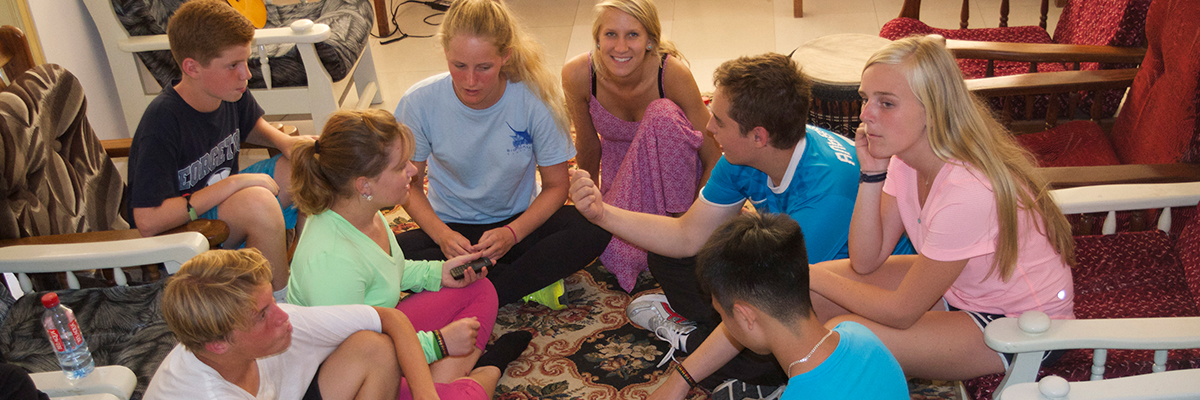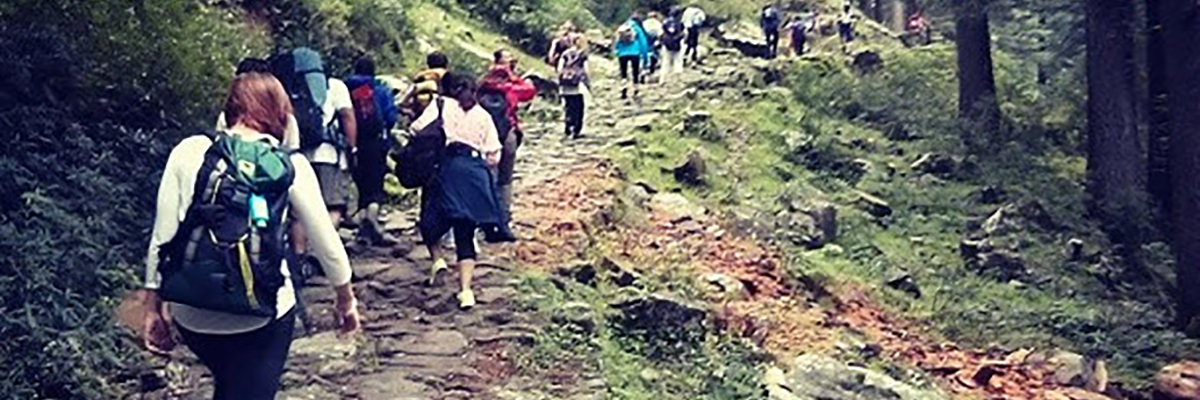Want a quick overview of some life-changing programs?
Greetings adventurers and college-bound seniors!
Now that the school year is winding down, you may be wondering about what to do over your summer vacation.
To keep things simple, we’ll explore 3 main types of programs: (1) Service Learning, (2) College Enrichment, and (3) Family Travel.
Service Learning
Would you like a more hands-on and community-focused international experience? Compared to other kinds of international travel, service learning offers a more genuine way to connect with other cultures and volunteer in ways that matter. Unlike tourism, service learning is all about pushing you out of your comfort zone to meet others halfway rather than simply entertaining or comforting you in a familiar bubble. These programs go a long way towards building qualities such as leadership, adaptability, and tolerance. As someone about to head off to college, you may appreciate this time as an opportunity to reflect on yourself and better understand how you fit in with the world around you. Providers such as Global Leadership Adventures (GLA) offer these kinds of experiences—an immersive adventure where you also give back.
College Enrichment
Want to better prepare yourself for academic life and your career? You might anticipate freshman year as a whirlwind experience that is much more about fitting in socially and making friends than hitting the books. But your first job is still being a student where you either make it or break it depending on your grades. Enrichment programs ease you into college by giving you a couple weeks to first explore academic subjects, set personal goals, and learn successful habits well before move-in day. You gain a broad view of what’s available to you in college and develop a more structured plan of action for before you start. That way you can better focus on the more social and unstructured parts of college from day 1 without having to worry as much about the other details. Programs like Summer Springboard offer you that kind of academic head start.
Family Travel
Do you value spending time with family and want a more genuine international volunteer experience? In many ways, the travel programs run by Discover Corps have similar benefits to traditional service learning programs. What distinguishes them from the usual tours is that you work with a smaller group of about 8-10 people who engage up close and personally with your host country. And you can also bring your whole family as well as friends along for a customized volunteer vacation!
Which type of program you choose depends on your goals, preferences, and ultimately what you value.
Take the time to research and compare other providers as well, so you can make the most of your summer college programs for high school students, their families, and beyond 🙂
What other kinds of summer activities interest you before heading off to college? Please share below!
Contributed by Nick Fochtman




